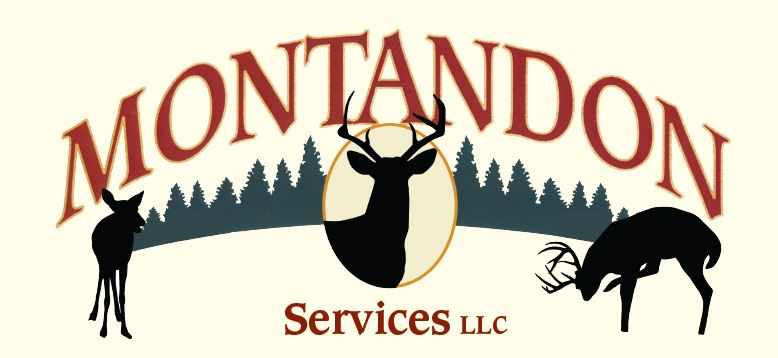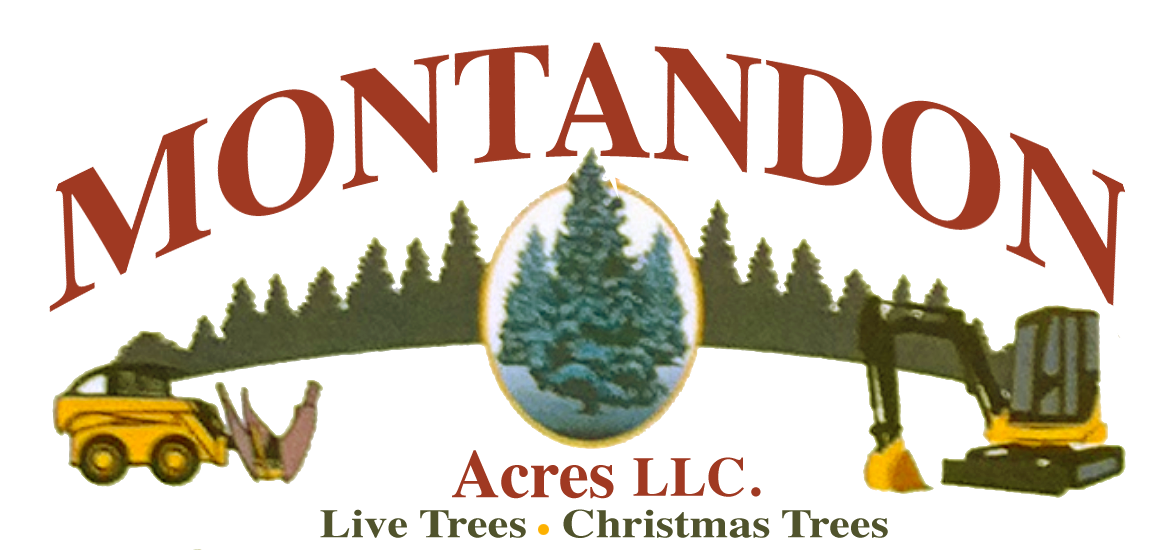Follow Us x
Frequently Asked Questions
From our clients in the York, PA area
Why is there water collecting in my yard?
If water is collecting in your yard, it most likely means that the yard does not have the proper taper or slope to drain the water away. Sometimes there could be seasonal springs that will create wet areas regardless of the slope. Wet areas can also be caused by broken or clogged piping that was previously installed.
Call Montandon Services now to schedule a consultation with a drainage expert in York, PA.
What are the most common signs of drainage system failure?
Some of the most common signs of drainage system failure are:
- Water in the basement
- Block walls that are covered with mildew and a flaky white substance
- Sump pumps that run constantly
- Wet spots or soggy areas in the yard
If you notice these issues, contact us right away.
What will happen if I ignore the drainage system problems?
Ignoring drainage problems is never a good idea. Serious issues can cause water damage, mold and mildew growth, wall damage, structural damage, soil erosion or wood rot. Plus, some of the problems caused by drainage issues can lead to pest invasions.
What drainage solutions do you offer?
We can pipe downspouts underground away from structures, install basin yard drains and trench drains, install underground water retention or seepage pits, regrade yards with proper slope, install swales and set up French drains. These are some of the most common remedies, but we approach each job by trying to reach the most effective and affordable solution to your issue.
How do I choose the right drainage solution?
After we assess your problem, we will help you choose the best solution for your property.
Why do I need a soil test?
Soil tests will tell you exactly what the soil needs for any specific crop you want to plant. This leads to a more productive crop and ensures that you aren't wasting money on excessive lime or fertilizer that may not be needed.
What does soil pH mean?
Soil pH refers to the acidity level in the soil. Proper pH levels are crucial to achieve the best production from the crop.
Will my land need to be plowed for my food plot?
Your land doesn't need to be plowed. Depending on what was planted in the field before, we can either disk or use a rototiller to prep for planting. This step can be done by the landowner, too.
Do I have to clear the fields for you?
If you have an area or field that is overgrown, we can take care of the land clearing process.
If you have an area or field that is overgrown, we can take care of the land clearing process.
We plant the food plots usually either in the spring for annual crops or late July or August for winter food plots. Perennial crops, such as clover and alfalfa, can be planted in spring or fall. Soil tests should be taken as soon as possible - before planting. Lime can be installed months before planting as it takes some time to become effective.
Contact us today to learn more.


